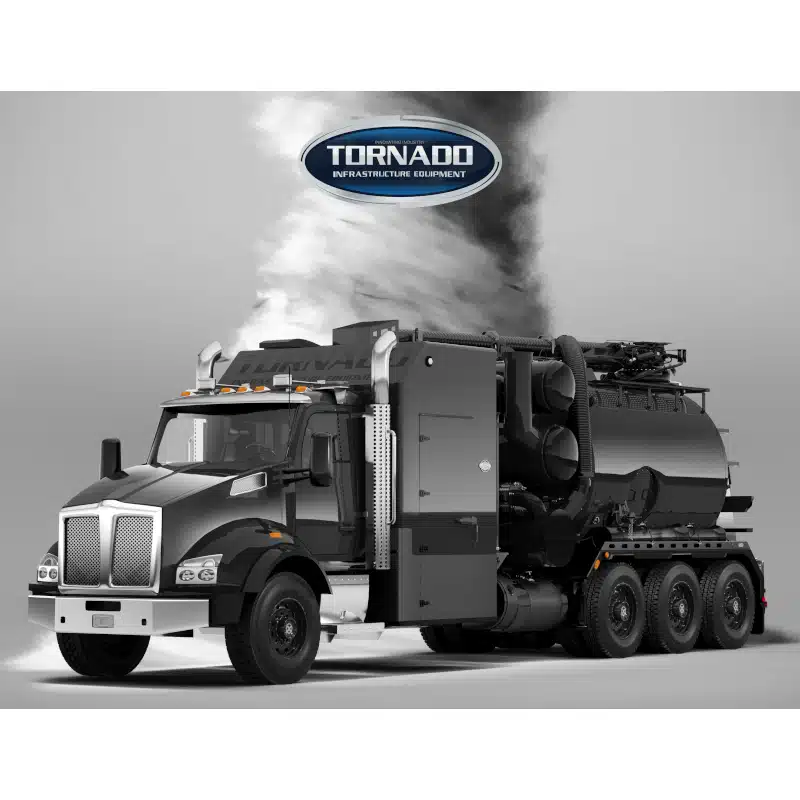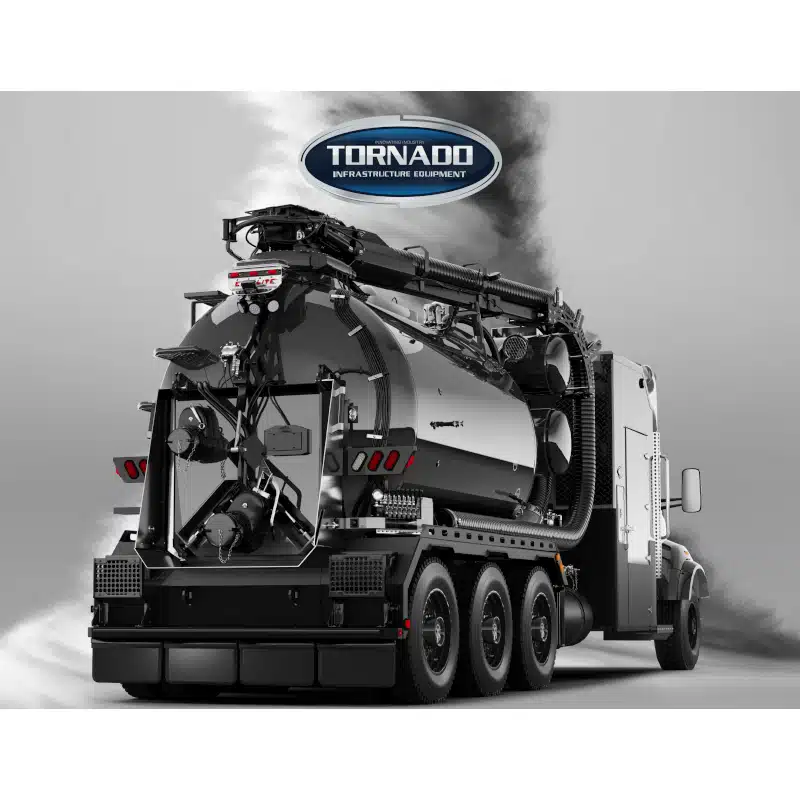HEADQUARTERS
NUMBER OF EMPLOYEES
FOUNDED
REVENUE
INDUSTRY
WEBSITE
Tornado Infrastructure Equipment faced critical roadblocks in engineering collaboration and production handoffs. Their flat file structure, manual bill of materials (BOM) creation, and email-based approval workflows caused version control issues, input errors, production delays, and scaling limitations. Following a rapid post-COVID scale-up, these challenges demanded a scalable and traceable product data management system.
PRO.FILE centralized Tornado’s engineering data backbone, integrated with existing enterprise resource planning (ERP), and digitized its mission-critical data workflows. From the start of their ECN process, Tornado has seen a significant reduction in release cycle time, smoother product handoffs, and seamless cross-functional collaboration between engineering, purchasing, and quality control processes.
As Tornado planned their continued growth, they attempted to scale their data management processes by expanding shared drive usage.
As their workload increased from 6-8 units per month to over 30, a lack of version control resulted in increased errors, delays, and rework. According to Tornado’s Process Coordinator, Tim Mitchell, “We tested a cloud-based share system [but] didn’t work out well with scaling/growth … [We] needed systems in place to support growth and standardized processes.”
Tornado turned to PRO.FILE PLM software as part of a renewed strategy to solve these bottlenecks by modernizing and centralizing engineering processes and product development workflows under one solution. Integrating with Epicor ERP was a top implementation priority. PRO.FILE stood out by managing complex product structures without manual handoffs, automating workflows, enforcing permissions, and maintaining status controls between departments for maximum visibility.
In 2023, Tornado adopted PRO.FILE for its engineering workflow, projecting its full deployment by 2026. Implementing a modern PLM solution with their existing ERP systems required shifting away from outdated manual workflows, such as flat folders and email-based handoffs. A portion of the company’s users resisted the change at first, but Tornado’s project leaders emphasized its core benefits–transparency, scalability, and standardization– while backing their claims with hands-on training and support from the PRO.FILE team. This external support helped validate workflow changes with Tornado’s teams. As Mitchell noted, the system was “Great for training and support,” and for providing “transparency in the ‘why’ with support.”
PRO.FILE has transformed Tornado’s engineering release cycles from a time-consuming manual bottleneck to an efficient and more accurate automated process. The system makes drawing packages simple, reducing turnaround time of large drawing packages from 2-4 hours to a matter of minutes. As a result, engineering changes are processed faster and with fewer questions, empowering production teams to work with validated documentation, updated in real time and delivered to relevant parties without error-prone manual handoffs.

Since implementing the PRO.FILE PLM solution, Tornado has evolved from manually managing disconnected file structures to operating on a centralized platform fully integrated across all departments. The structured environment is replacing a patchwork of flat files, email chains, and redlined drawings. Later in 2025, the company will introduce automation to verify product data flows and deliver them to the relevant department.
This shift has drastically reduced the engineering uptime needed for low-value tasks, which the system can handle. Drawing packages can be generated up to 90% faster, saving valuable team members up to 3.5 hours a day on large drawing packages, or more during peak demand periods.
The time savings have introduced a new level of clarity and control across the entire product lifecycle. Using standardized part numbers instead of ambiguous, manually-tracked identifiers provides a consistent asset tracking and demand forecasting framework for each step of production. As data has become cleaner and more reliable, purchasing, demand planning, and inventory management can be integrated system-wide and instantly re-evaluated to meet the needs of a growing business.

With PRO.FILE PLM software, Tornado Infrastructure Equipment is positioned to further streamline their production process with higher data visibility and more efficient workflows. These factors are only possible with the time savings afforded by PRO.FILE. As Tornado enters the next phase of its digital evolution, the ultimate goal is to enable a fully connected, product-centric ecosystem where each team, from engineering to procurement, works from the same real-time data foundation.
When asked why PRO.FILE PLM was Tornado’s number one choice, Mitchell shared that the visibility offered by the PRO.FILE workflow has helped Tornado reduce turnaround times and improve outcomes. By continuing to trust and invest in PRO.FILE PLM software, Tornado is not just reacting to current scalability challenges–it is building the infrastructure for long-term innovation in a fast-moving, technology-focused space.
See how PRO.FILE can help you solve common challenges by reducing design time, enabling full data control, and providing a single, trusted view of product data. Contact us today to find out how to streamline operations and go to market faster.